Learning something new doesn’t have to stop when you leave school, or even university. Whether you choose a completely new path or up skill within your chosen field, more and more people are discovering the benefits – and joys – of lifelong learning.
Read on for the impact a City Short Course has had on these students’ lives…
Nathaniel Ashley took City’s Short Story Writing course, led by Katy Darby. As he puts it ‘I had tried numerous times to write a novel, and had often found myself developing ideas for sequels in my head long before I got anywhere near finishing the book. The short story course gave me the opportunity to create a finished piece of work, and gave me a better sense of story structure.’
‘Katy gave us exercises that really helped us experiment with a variety of different formats, all the while building up the skills that would help write a completed short story. It was also lovely to meet a group of like-minded people, and get more comfortable giving and receiving feedback.
‘The course made me much more confident showing my work to other people. For instance, I submitted an extract from my short story to the City Writes competition, and was lucky enough to win. This was the first time I ever read my creative writing to an audience, and it gave me
Nathaniel Ashley
a huge boost.’
Nathaniel thinks these kind of courses are really important in a writer’s evolution. ‘They’re so useful… Not only do they improve your writing skills, but they also broaden your understanding of the wider publishing industry and how to build a career in it.’ His advice to others starting out on their writing journeys? ‘Don’t be afraid to show others your work. It will only make you a better writer.’
Nathaniel works as a freelance journalist and can be found on twitter @NateAshley10
David Thornton took City’s Immigration and Asylum Law short course with Nasreen Choudhury. He was attracted to the course as he already worked in this field and ‘wanted a broader knowledge than I could acquire in my work. I also wanted to be able to explain to others.
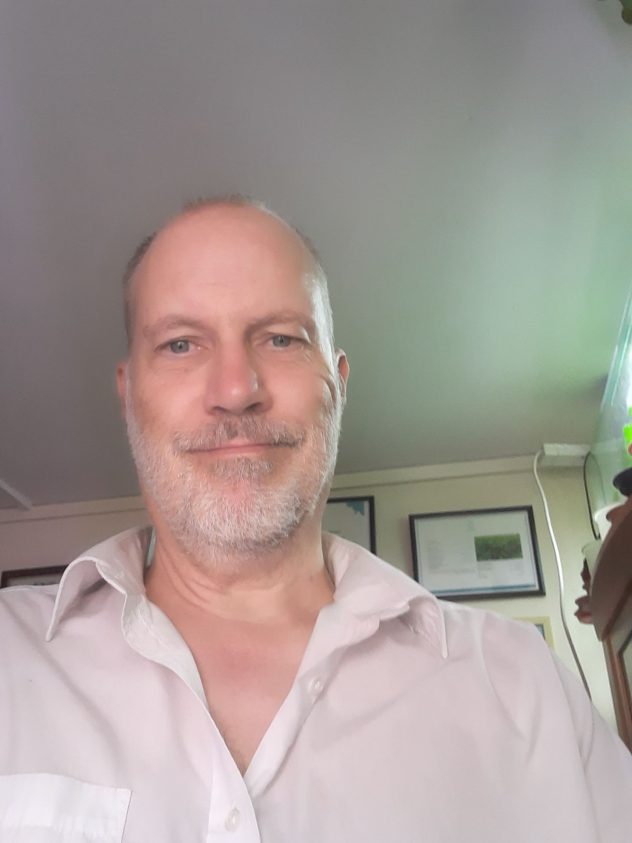
David Thornton
‘The course gave us the opportunity to ask questions as we went along. The tutor took time to answer our questions…My knowledge and understanding of this topic was greatly developed with instruction on how to self-learn in this field in future.’
David says the course has had a very positive impact on his life: ‘I am much happier and motivated at work and have received praise for my knowledge and diligence recently. I learned what I don’t want to do career-wise and was set on a future quest for knowledge by my tutor who sign posted me to my next steps.’
Abimbola Fashola was a student on City’s Writing for Children short course in 2020 (then taught by Sophia Bennett, now by Bryony Pearce). ‘I was attracted to this course because it was in the evening, which worked for me as I am working full time,’ says Abimbola. ‘I also liked that it was a short course and the price was affordable.’
‘The course was incredibly helpful as it taught me the importance of things like “Voice” and “Showing and Telling”. We also did peer feedback which was incredibly useful.’

Abimbola Fashola
The course had a big impact on Abimbola’s writing. ‘It gave me the confidence to start my manuscript and I worked on the manuscript whilst on the course.’ Since leaving the course she has been chosen as one of the seven mentees on 2021/2022 Megaphone Writer Development Scheme and was commended for the 2022 FAB Prize. Most recently signed Abimbola has signed with Ash Literary agency and is currently working on her first book. As Abimbola puts it ‘Courses like this are extremely important, especially for writers who are brand new to novel writing.’ Her advice for anyone starting out writing for children? ‘It is difficult working full time and writing so it is important to set time aside to work on your manuscript even if it is a couple of hours on a Saturday. I would also advise new writers to apply for development schemes such as Megaphone or All Stories as they give new writers invaluable time and support.
Jazz Lintott took City’s Screenwriting: First Steps short course with Maeve Murphy in 2021. Jazz says ‘The course was invaluable to me. It helped me structure my idea the correct way, giving it tension and a heartbeat. It has since been aired on TV and we have just finished writing the play for the next stage of this journey. That’s the final step before converting it into a feature film!’

Jazz Lintott
Jazz’s short film, Going for Gold, was broadcast on London Live in 2022 and has appeared at various film festivals. The film follows three imagined conversations based on the career of Frankie Lucas, a black British Boxer from 1970s London. Jazz is now writing a longer screenplay using tools from the work he did on the course. Speaking of his tutor, he says ‘Maeve’s leadership was thorough and informative and she was always available for advice.’
Justine Solomons is the founder of digital publishing network Byte the Book. She started studying at City because she wanted to try and improve her writing skills. She was also interested in getting involved in the publishing industry. ‘I thought that if I did a course at City – which has an excellent reputation – it might help me make useful contacts.’
‘The first course I took was Novel Writing and Longer Works, which got me started on a draft of a novel. I then attended several other short courses just one night a week, which helped me finish a draft of my novel. I eventually applied to The Novel Studio, an intensive year-long programme for aspiring novelists. It was there I learned to redraft my novel.
‘In total I studied at City for three years. The courses were great, the teaching excellent and the standard of my fellow students was particularly high. I loved working with them all and still retain the strong friendships I made during my year on The Novel Studio.
‘City was a fantastic experience for me. Not only did it help me improve my writing, but I met some great people and got inspired by the courses to get more involved in the publishing industry… After working on the end-of-term reading event for The Novel Studio, I had the idea to set up Byte the Book. When asked, I always say Byte was born at City!

Justine Solomons
Justine originally set up Byte the Book to help her fellow students get published and also for them to make connections in the publishing world. She has developed the business into an an established membership organization now with 400 members, 5000 subscribers, and three main aims: to help authors get published; to educate publishers and authors on technology; and to connect people within publishing and to other industries. She continues to be in touch with her fellow coursemates, some of whom have guest blogged for Byte, or written articles and book reviews on the site. Many more attend their vibrant events programme. You can find out more about Byte the Book on their site, or email justine@bytethebook.com.
Inspired? See where a short course could take you. Visit our website for full details of all our courses. Or come along to our Open Evening in March where you can take a free taster course, or talk to one of our friendly coordinators about anything from computing, business and creative industries to languages or writing courses.












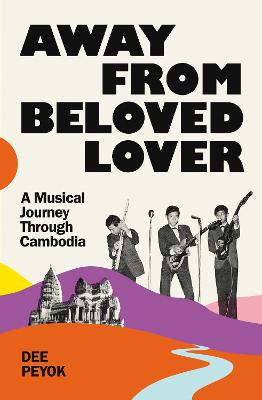



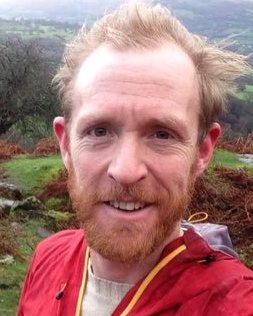
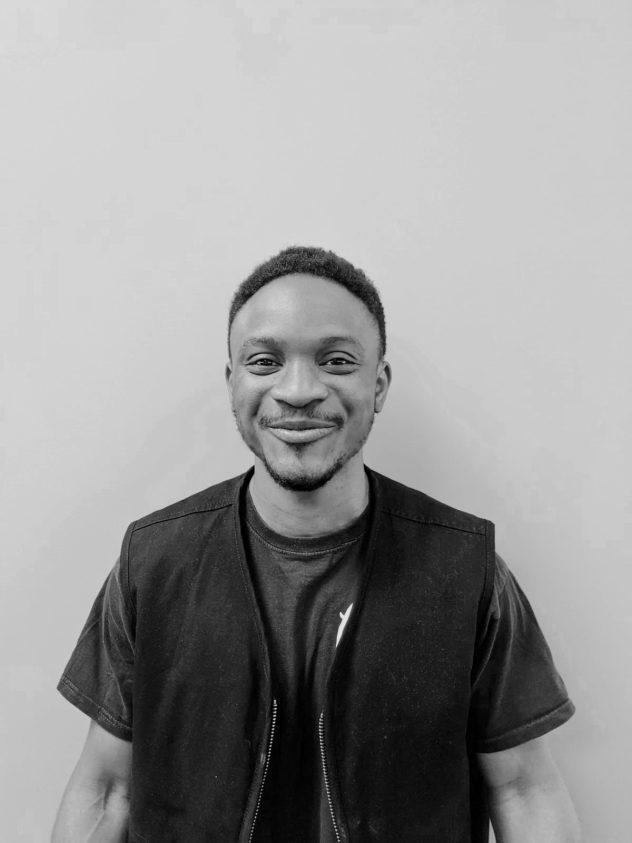


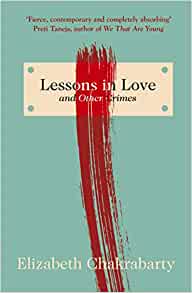






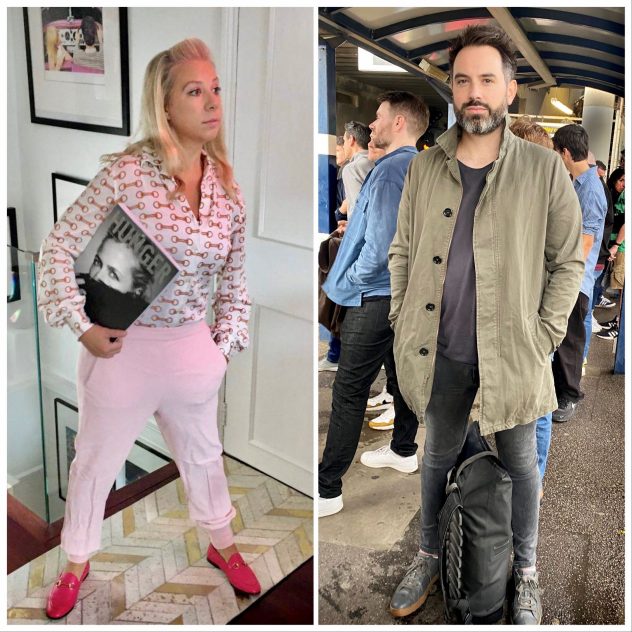





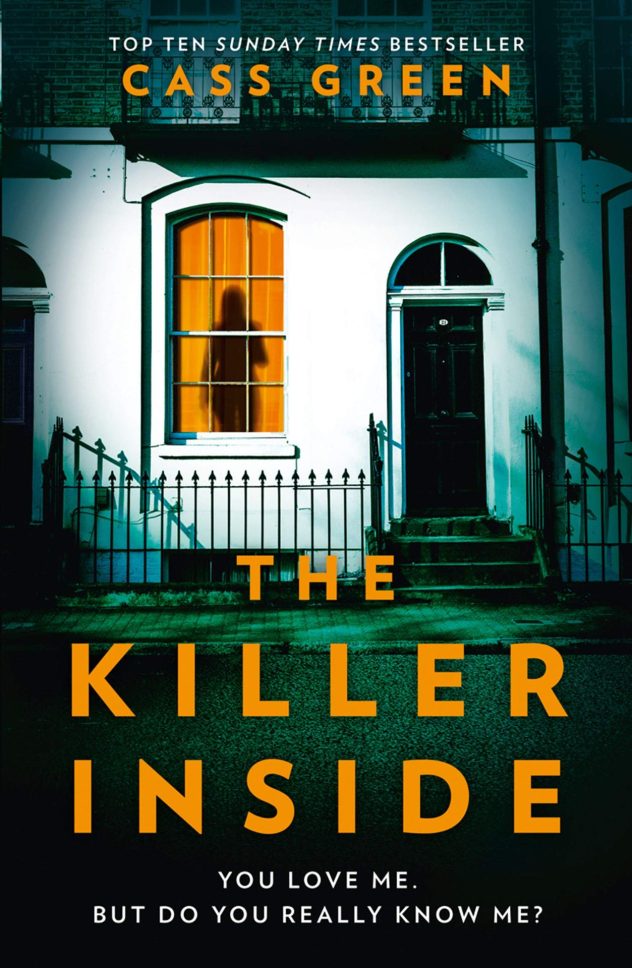





Recent Comments